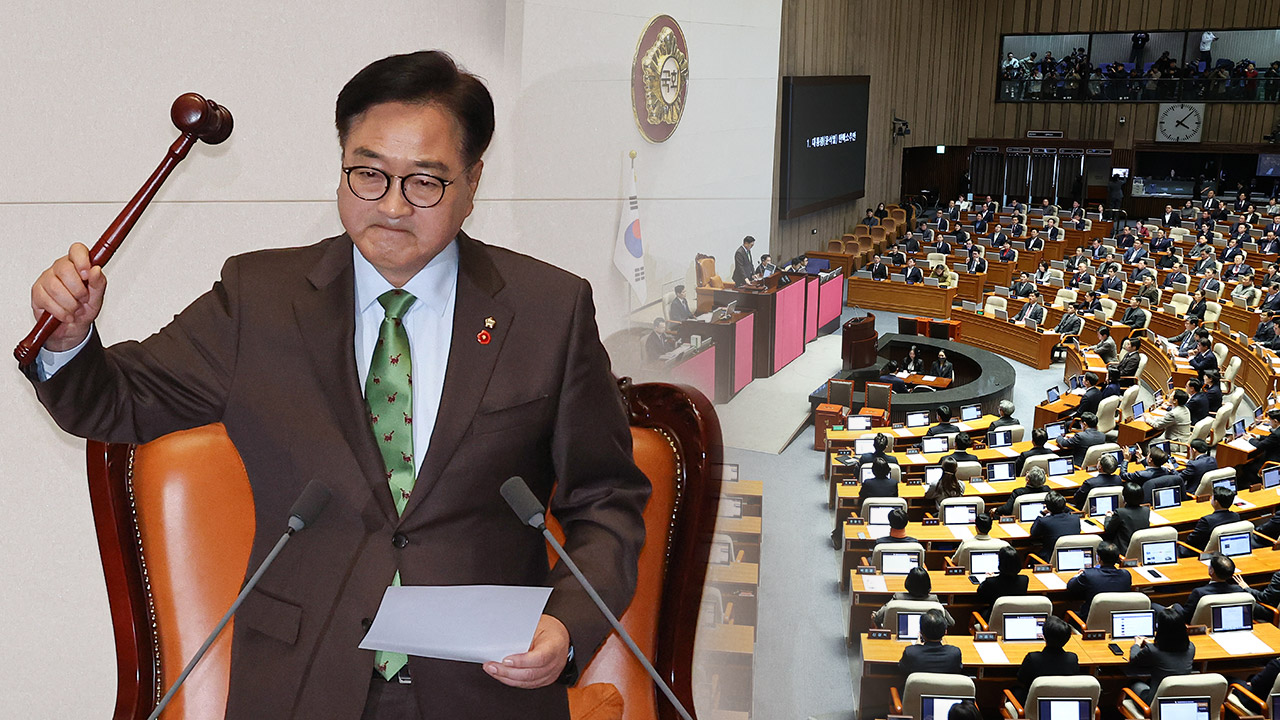In a historic turn of events, the second impeachment resolution against President Yoon Suk-yeol has been passed during a plenary session. Woo Won-sik, the Speaker of the National Assembly, announced the results stating that out of the total 300 votes, 204 were in favor, 85 against, with 3 abstentions and 8 invalid votes, leading to the passage of the impeachment resolution.
This crucial decision came amidst a period of heightened tension and democratic vigor, with the Speaker acknowledging the citizens for their fervor, courage, and dedication to democracy from the declaration of the state emergency up to this moment.
All 300 members of the National Assembly were present during the vote, highlighting the gravity of the situation and the importance attached to the decision made. The hashtags #YoonSukyeolPresident, #ImpeachmentResolution, and #Passed were prevalent across social media platforms immediately following the announcement of the impeachment resolution's passage.
This development marks the third time in the history of South Korea that a sitting President faces impeachment and suspension from office. The ruling Democratic Party hailed the passing of the impeachment resolution as a triumph for the people and democracy itself, reflecting the sentiment echoed by many citizens who have expressed their support for this decision.
In parallel news developments, the Special Prosecutor's Office proceeded with the arrest of a former head of female espionage operations related to the controversial investigation into a sex doll spying scandal. The diverse news landscape in South Korea underscores the dynamics of political and legal affairs amidst a backdrop of evolving societal norms and expectations.
For more updates and in-depth coverage of these unfolding events, stay tuned to reputable news sources and online platforms. The resonance of these political shifts can be felt across various sectors of society, signifying the intricate interplay between governance, public opinion, and the rule of law. The implications of these occurrences extend beyond immediate consequences, inviting reflection on the broader context of governance and accountability in contemporary South Korea.

